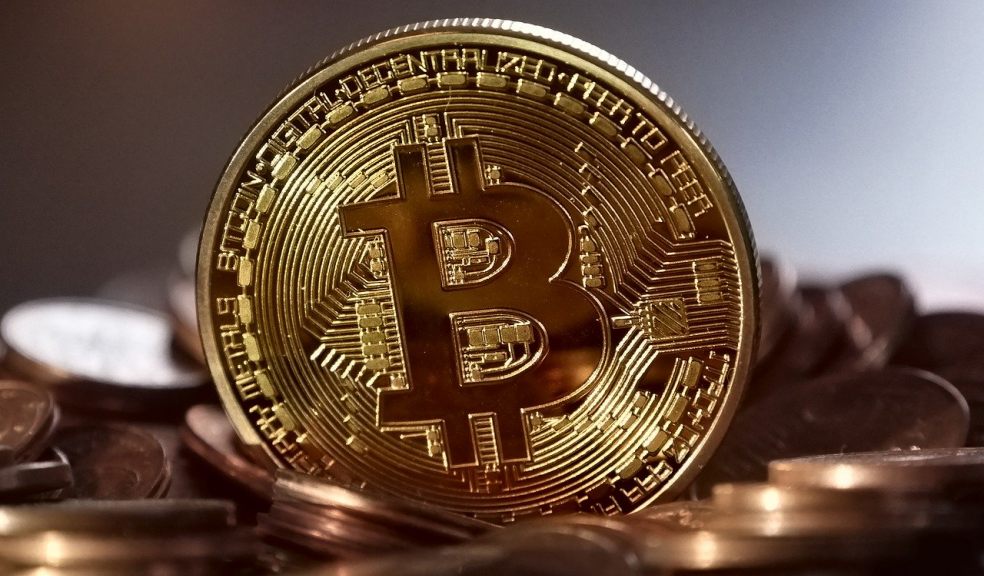
Top European countries that are accepting Bitcoin as a payment method
As of today, Bitcoins are not endorsed, issued or regulated by any financial body or central bank. They are generated through a computer process referred to as mining. Bitcoin does not exist in a physical form; therefore it relies on a peer-to-peer payment system. In essence, it provides users with an easier way to conduct transactions across the globe with no exchange rate fees. One of the best features of Bitcoin is that users remain anonymous.
There are so many possibilities that Bitcoin offers. Consumers can purchase goods and services from companies that offer the payment method; they can now withdraw cash from Bitcoin ATMs such as those of satoshipoint.io, and even run a Bitcoin ATM as a side hustle. Bitcoin may appear to be a well-established digital currency, but there are still not uniform laws that regulate it.
There is still a long road ahead when it comes to the global acceptance of Bitcoins, while companies are struggling with the volatility of the crypto market; some governments have placed a ban on their use. China is a good example of countries that do not accept the use of cryptocurrencies. The reason is largely related to the government’s inability to have control and impose regulations.
Countries that accept Bitcoin
Bitcoin transactions between account holders are anonymous anytime and anywhere across the globe. This has raised concerns about its use by criminal organisations. They may be used to buy and sell weapons and drugs. However, many countries have not yet determined the legality of cryptocurrency, but instead, they are making observations and trying to make proper sense of it.
The United States
The U.S. government has a positive attitude towards Bitcoin, but there are noticeable efforts by several government agencies to reduce or prevent the use of Bitcoin for illegal transactions. Major companies like Microsoft store, Dish Network, Overstock.com, Subway accept Bitcoin as a form of payment.
As far back as 2013, The U.S. Department of Treasury sub-agency Financial Crimes Enforcement Network (FinCEN) has been issuing guidance on the use of Bitcoin. The Treasury defines Bitcoin as a money service business, and not a currency, placing it under the Bank Secrecy Act, which requires payment processors and exchanges to adhere to record-keeping, reporting, and registration. The Internal Revenue Service (IRS) categorises Bitcoin as a property for taxation purposes.
Canada
Canada is another country that shares similarities to the U.S. with its positive attitude towards Bitcoin. Its Bitcoin-friendly stance is well known and has also put in place measures to curtail its use for illegal transactions and money laundering. Unlike the U.S., Canada views Bitcoin as a commodity according to the Canada Revenue Agency (CRA). This means that any Bitcoin transaction will be viewed as a barter transaction, and the income generated as a result of such transactions will be considered a business income. The taxation of such income is also dependent on whether the individual has a buying-selling business, or is an investor.
Bitcoin exchanges are required to be registered with the Financial Transactions and Reports Analysis Centre of Canada (FINTRAC), abide to all compliance plans, report suspicious transactions, and keep records.
Australia
Australia is one of the few countries where Bitcoin is accepted as any other currency and allows organisations to mine, trade, or buy it. There is no known government interference on regulations.
The European Union
The European Union, like the U.S, is yet to issue any official decisions on the acceptance, legality, or regulation of Bitcoin. However, some EU countries have taken the step towards having their form of regulation or rules guiding Bitcoin transaction in the absence of a central/uniform policy by the EU.
For instance, Finland's Central Board of Taxes has classified Bitcoin as a financial service, hence its value-added tax-exempt status. It is classified as a commodity and not a currency. In Belgium, the Federal Public Service Finance has given Bitcoin a value-added tax-exempt status. In Cyprus, Bitcoin is not regulated or controlled by any government agencies. The United Kingdom’s Financial Conduct Authority (FCA) is in support of Bitcoin and wants regulators to be supportive of digital currencies.




















